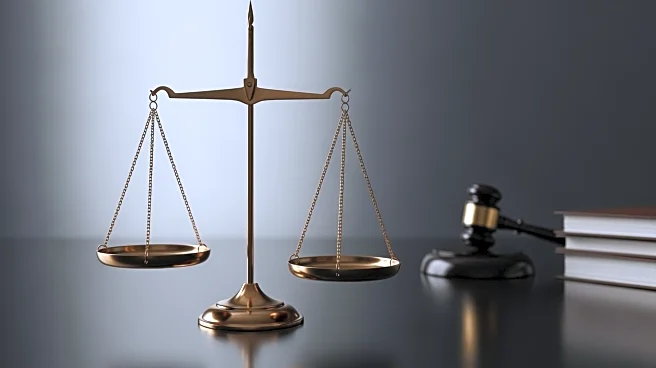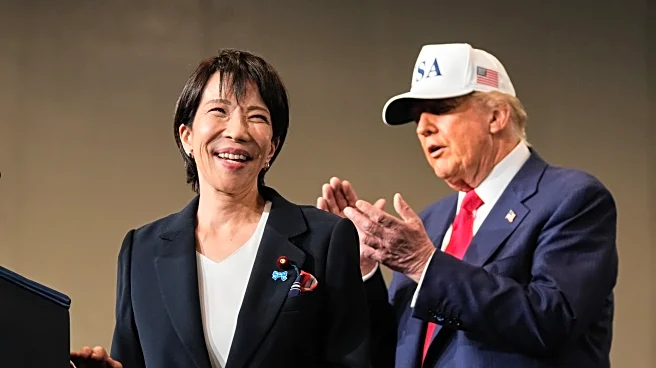What's Happening?
A circuit court judge in Pulaski County has ruled that a special election for Arkansas Senate District 26 must occur sooner than the date set by Governor Sarah Huckabee Sanders. The ruling follows the death of Republican Senator Gary Stubblefield on September
2, 2025, leaving the district without representation. Governor Sanders had certified the vacancy on September 19 and initially scheduled the election to coincide with the midterms in November 2026, later moving it to June after public outcry. However, the court found this timeline would leave District 26 without representation during the upcoming fiscal legislative session, which includes discussions on a controversial prison funding package. A resident, Colt Shelby, filed a lawsuit arguing that delaying the election beyond 150 days violates the state constitution. Judge Patricia James sided with Shelby, stating the county could meet the 150-day deadline and emphasizing the constitutional need for representation.
Why It's Important?
The court's decision underscores the importance of timely representation for constituents in legislative processes, particularly when significant policy decisions are at stake. The ruling impacts the fiscal legislative session where funding for a controversial prison in District 26 will be considered, a package previously opposed by the late Senator Stubblefield. The decision also highlights the balance of power between state governance and judicial oversight, with potential implications for how election timelines are set in the future. The ruling may affect taxpayer costs, as the state argued that a later election date would be more economical, though the ongoing lawsuit also incurs expenses.
What's Next?
Governor Sanders may appeal the court's decision, as indicated by her spokesman, who expressed confidence that the law granting her authority to set special elections will be upheld. The appeal process could further delay the election, impacting the district's representation during critical legislative sessions. Meanwhile, preparations for an earlier election date will need to be expedited, posing logistical challenges for election officials. The outcome of the appeal and the timing of the election will be closely watched by stakeholders, including residents of District 26 and state lawmakers.
Beyond the Headlines
The case raises broader questions about the constitutional rights of citizens to timely representation and the potential overreach of executive power in setting election dates. It also highlights the legal and ethical considerations in balancing cost-saving measures with democratic principles. The decision may set a precedent for future cases where election timing is contested, influencing how state laws are interpreted regarding special elections.


















